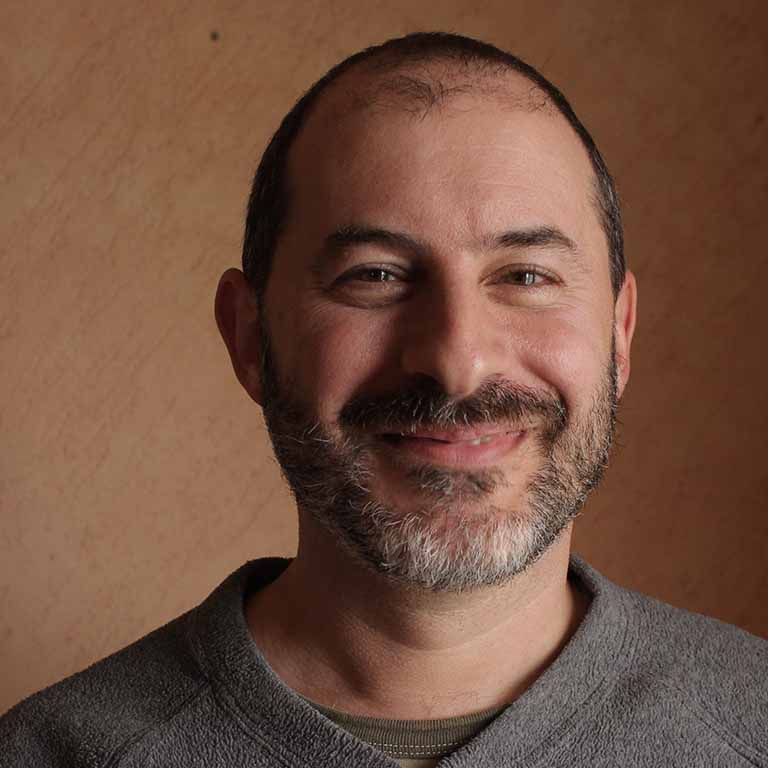- Ph.D., Anthropology and Linguistics, University of Chicago, 2005
- M.A., Anthropology, University of Chicago, 1996
- B.A., Reed College, 1993

Daniel Suslak
Associate Professor, Anthropology
Adjunct Professor, Latino Studies
Associate Faculty, Center for Latin American and Caribbean Studies
Director, Center for Latin American and Caribbean Studies
 The College of Arts
The College of Arts